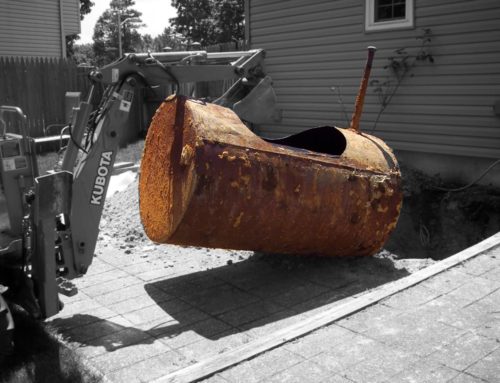There is an old adage that claims the best time to buy property is when there’s ‘blood on the streets’. Many investors see opportunities in times of crisis and believe that prices get artificially suppressed during difficult times.
But how does this apply to the CoVID-19 crisis? Should buyers be bullish and try to leverage the uncertainty of our times to get great deals? And what exactly would constitute a great deal right now?
Investment = Risk
Every investment decision entails some degree of uncertainty, that’s just a bald fact. And trying to gauge where a down-turning market is finally going bottom out is basically a matter of guesswork. Like sports analysts, market analysts basically take an arbitrary position on the outcome of the event, dress it up with jargon-heavy market-speak, and cross their fingers. Some will get lucky and look like savants, and the rest will have egg on their faces—for a few days anyway. Statistically speaking, some will get lucky more often than others. Some will get lucky freakishly often.
Let’s take the analogy of coin tossing. The probability of tossing ten heads (or tails) in a row is 1 in 1024. So if you give 1024 people a loonie one person will get freakishly lucky and come up with ten in a row. You wouldn’t for a second say they are good at coin tossing though would you?
And so it is with our investments. A string of good luck can leave you sitting pretty, while a bad run can leave you on your ass. All we can do is try to mitigate losses as best we can and stay in the game.
Stay in the game
Texas Hold Em’ is a winner-takes-all version of poker in which players are gradually eliminated until just two remain to battle it out for the big prize. Good players know that in order to win you need to be one of the final two at the table because at this point your odds of winning are better than ever. And so it pays to play conservatively along the way, avoiding traps set by other players and maximising the good hands that come your way.
The ultimate question for buyers in this market becomes: ‘Is this a hand I can play and possibly boost my chips, or does investing leave me vulnerable to a beat down?’. The answer to this question tells you whether it’s time to pick up your phone and call your realtor, or keep playing solitaire till The Big Reboot.
Property prices during the 2008 crisis
Although there is no precedent for a shutdown of the economy, and hence no template for how this crisis might play out, we can look at what happened through the 2008 financial crisis—the worst in living memory—just for fun.
The graph below shows how prices for houses, townhomes and apartments fluctuated over the ten years from 2006 to 2016. It’s obvious that detached houses are out of step with other property types, but what’s really interesting is is the timframe and the percentage drop in prices through the 2008 crisis.
In February 2008 the average price of a townhome was somewhere around 510k. By Nov 2008 this price had dropped to around 440k, about a 14% drop. This is about as low as the market went. By September 2009 the price was back up to the 510k mark, meaning the cycle took about 19 months to play out. Your optimal time to buy was somewhere between November 2008 and March 2009. But of course it would’ve required some cojones to jump in the water at that time.
The challenge is always about finding the low point, and then having faith that the market will regain its former position.
An unprecedented situation
Now as I said, this current situation is completely without precedent, at least in Canada. How recovery will look is anyone’s guess, but there are typically three types of response. A U-shaped response means that the economy has a precipitous fall, languishes in a trough for a while before making a strong recovery. A V-shaped response would see a sharp decline followed immediately by a sharp recovery, and this is the best case scenario and what we hope to see post-CoVID. The worst-case scenario is an L-shaped response, where the economy tanks and then languishes in recession for a sustained period.
Perhaps the biggest uncertainty here is what will happen after restrictions on labour and movement are lifted. Will we see a resurgence of the CoVID-19 virus that will knock us back for a second time? There is also the possibility of a W-shaped economic event, or a series of W-shaped events where we see recovery followed by a resurgence in CoVID-19 infections triggering another downturn—and so the cycle could go until get an effective vaccine. And the vaccine development timeline is just another unknown.
The point at which an effective vaccine becomes available is the most likely inflection point on any downward trend in house prices, but what we have to remember is that while we feel like we live in a bubble here in Lotusland, we are susceptible to global economic shocks. This event is going to seriously impact economies in China, the EU and most importantly the US, and it’s hard to imagine this won’t affect house prices here in Vancouver.
Bottom line
Right now I’m of the mindset that there is too much uncertainty in the market to make any moves and this is what I’m telling my clients. Unless you absolutely must buy or sell I would ride the pine for at least a month or two and see how the rest of the spring unfolds.

